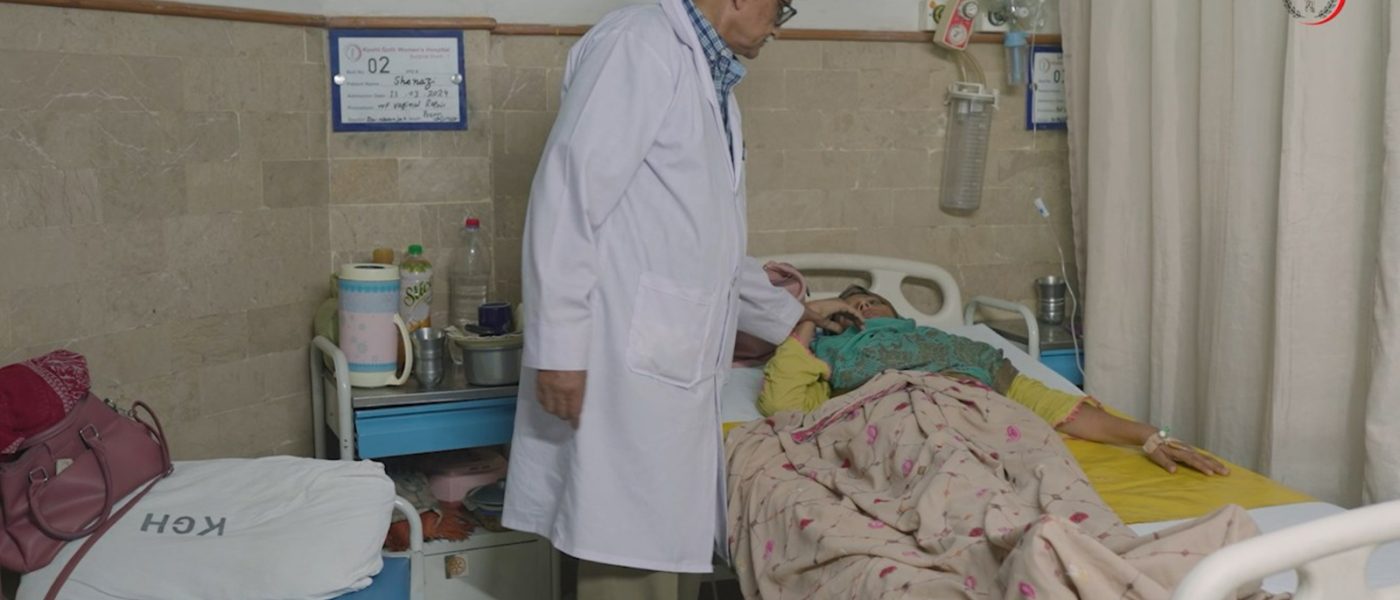Post: What Are the Most Common Health Issues Women Face After 30? Everything You Need to Know

Turning thirty can feel like a major change. Therefore, for many women, it presents both fresh obstacles and opportunities for development. Since your body changes even as you learn greater control in life and the workplace. Though sluggish at initially, these changes count. Early on, knowing What Are the Most Common Health Issues Women Face After 30 guides your behavior.
However, let’s tour the major health concerns ladies encounter thirty years from now. We will next go over simple advice to keep you strong and well.
1. Shifts in Hormones
As you approach your late 30s or early 40s, your body starts to change. Both oestrogen and progesterone can decline. Your body may show numerous indicators of trying to adjust to this.
Common indicators include:
- inconsistent intervals
- fluctuations in mood
- Obesity
- Restless energy
- Skin outbreaks or changes in tone
Eat healthful, clean foods to aid. Sleep soundly. Meanwhile, keep yourself calm and active. Sometimes your doctor could advise hormone medications or natural help.
Your mood, skin, and even sleep are affected by hormone balance. Remain vigilant and act early.
2. Slowness of metabolism and weight gain
What Are the Most Common Health Issues Women Face After 30? Many women start to gain weight at thirty years later. You start to slow down metabolically. Drop in muscular mass. And let me say straight forwardly: life gets busier. You might move less than in past years.
What action can you take?
- Firstly, eat complete foods with lean meats, fruits, and grains
- Avoid fried meals and junk.
- Increase water consumption.
- Walk, sprint, or raise a lightweight.
Over time, even little adjustments count greatly. Track your health also by looking at your Body Mass Index (BMI).
3. Problems in Getting Pregnant
Fertility often drops beyond 30 years. It only could take more; it does not mean you cannot become pregnant. However, by thirty-five, the decrease gets more acute.
Indices to keep an eye on:
- Regular cycles
- Not successful following six to twelve months of trying
- a background of PCOS or another condition
First, start with a conversation with your doctor if you intend to have children later in life. Good living also increases fertility; eat well, keep fit, and reduce stress.
4. Stress and Mental Health
Like physical health, mental health is vital. Often juggling a lot—work, children, family, and more, women in their 30s often experience stress build-up all around.
Look for signals like:
- Worry constantly.
- Changing mood
- Inadequate sleep
- Not much delight in daily living.
Also, talk to someone to find out what might help. You might experiment with support groups, yoga, or therapy. Your mind will relax even after ten minutes of deep breathing.
Looking after your mind benefits your body as well.
5. Problems with thyroid glands
Though small in size, the thyroid performs a major function. It manages the energy consumption in your body. However, thyroid problems, including hypothyroidism, are more likely to affect thirty-something women.
Search for cues like:
- Relentless tiredness
- icy hands or feet
- Dermatitis dry
- Losing hair
- Acquiring weight
However, one basic blood test will assess your thyroid. Meds can quickly correct if something is off.
6. Changes in Hair and Skin
What Are the Most Common Health Issues Women Face After 30? Your skin loses stretch and hydration as you age. You can find loose skin or fine wrinkles. Your hair could dry out or thin.
Suggestions for assistance:
- Use sunscreen daily.
- Consume a lot of water.
- Firstly, eat foods high in antioxidants—berries, almonds, and greens.
- Apply mild creams and gentle washes.
A healthy skincare routine, including retinol or vitamin C, helps maintain your radiance. Little daily actions add up to great transformation.
7. Bone Decline
Bone mass begins to decline thirty years ago. Therefore, weak bones later on can result from this. Though its levels drop with age, oestrogen helps maintain the strength of bones.
How might one guard their bones?
- Firstly, consider calcium and vitamin D.
- Secondly, go for strength training or walk.
- Stay away from smoking.
- Lastly, cut back on your alcohol consumption.
Around your late 30s or early 40s, ask your doctor for a bone scan. This can enable early pinpoint identification of problems.
8. Risks for Heart Health
Heart disease is the leading cause of death for women. Hazards such as high blood pressure and elevated fat levels in the blood can occur as early as your thirties.
Take care of your heart by:
- Eating plant-based, fiber-rich foods
- Maintaining activity
- Not smoking
- Lessening tension
Every year, have your blood pressure and cholesterol checked. Early treatment does make a difference.
9. Diabetes and Blood Sugar
What Are the Most Common Health Issues Women Face After 30? Some women get insulin resistance after thirty years. If this is not discovered early on, Type 2 diabetes can result. You might not feel any different initially.
Look out for:
- Always feeling parched
- Frequent urination
- Unexpected weight increase or loss
- Extremely worn out
Ask your doctor for a basic blood sugar test. Eat less sweets, walk more, maintain a good weight, and reduce risk.
10. Womb and Reproductive Integrity
Apart from infertility, additional uterine problems could manifest beyond thirty. These consist of:
- Polycystic ovarian syndrome, or PCOS,
- Endometriosis
- Fibroids
Things to keep an eye on:
- Strong or agonizing cycles
- Lower belly ache
- Fluidity
Keys are regular appointments with your gynecologist. Early action increases your health and helps stop long-term damage.
Last Words
What Are the Most Common Health Issues Women Face After 30? In your 30s is a perfect time to develop robust health practices. This period of life is about caring for your health and mind as much as it is about job or family.
Top advice for recall:
- Eat wisely and remain active.
- Rest and lessen tension.
- See your doctor once a year.
- Never overlook body signals.
- Get help when you need it.
You avoid waiting for health issues to manifest themselves. Start early, keep educated, and you will feel great years to come.
FAQ: Should I schedule health check-ups in my thirties?
Certainly! Ask for tests on thyroid, diabetes, blood pressure, cholesterol, and mental wellness. Starting now is a wise idea.
Q: Can I keep in shape thirty years later?
Yes. The right eating, sleep, and daily walks or exercise will help you feel fantastic at any age.
Q: Is a weight increase of over thirty necessary?
Not very at all. A slowed metabolism could make it more difficult, but little adjustments keep you in shape.
A Hope Beacon: Koohi Goth Hospital in Karachi
Koohi Goth Hospital provides free treatment for Pakistani women with complicated womb or birth problems. This institution, which is in Karachi, treats the painful, sometimes disregarded medical condition known as obstetric fistula.
What sets us apart?
- Free treatment for ladies in need.
- Restitution and surgery
- Education for midwives and nurses
- outreach in the community
Koohi Goth Hospital offers women fresh hope and dignity. It serves people who frequently lack access to care. By means of our work, more ladies can lead robust, healthy life.
